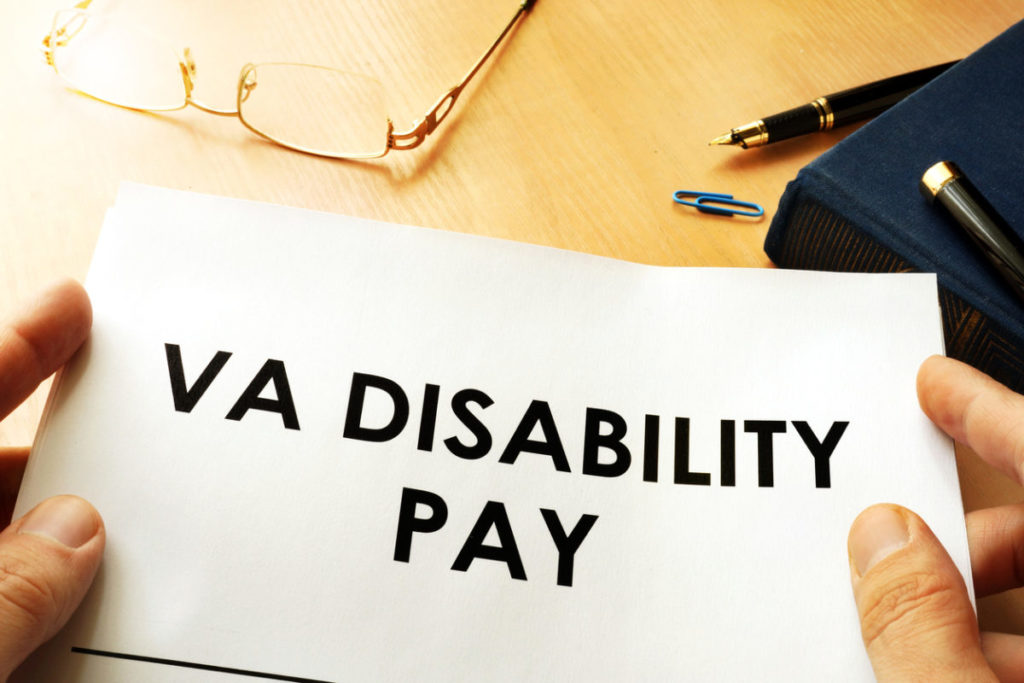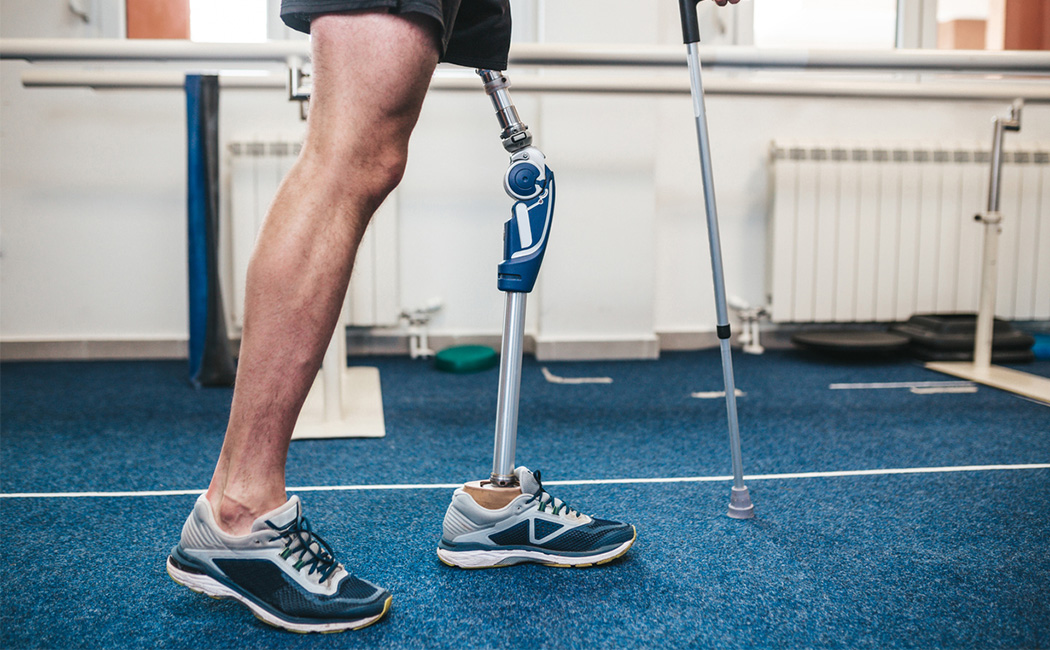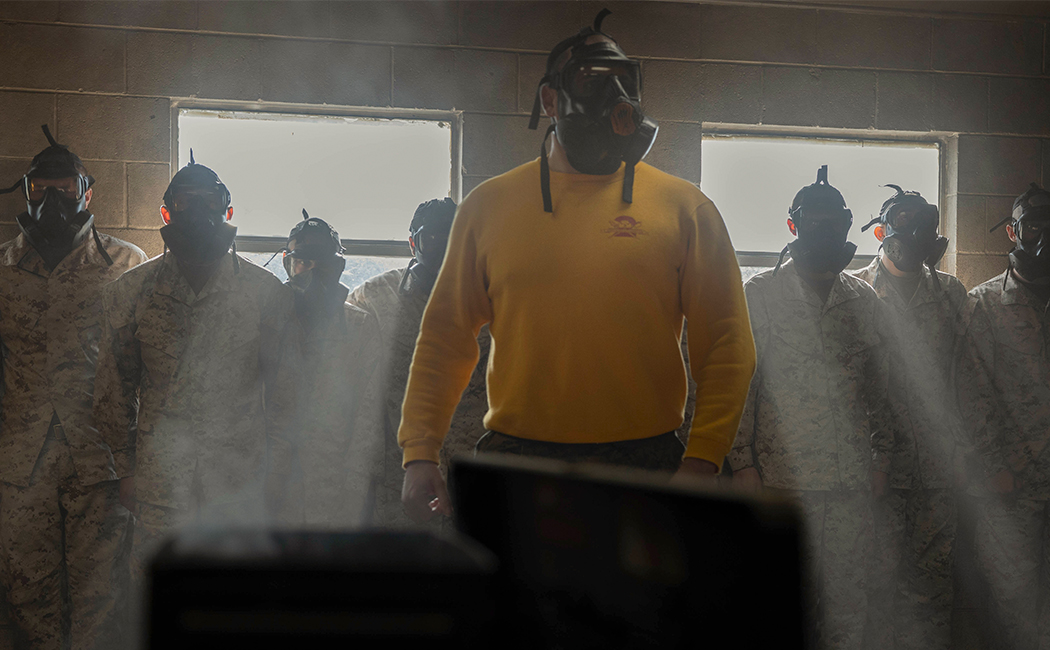
Under normal circumstances, the VA won’t provide compensation for your pre-existing conditions
There’s negativity surrounding the term “pre-existing condition” for many because insurance companies rarely provide coverage for them. If they do, premiums are through the roof.
For military veterans dealing with the VA, there’s also the notion that they cannot receive benefits or compensation for pre-existing conditions, but that’s only true to a certain extent.
No, a pre-existing condition isn’t something that the VA will generally cover with financial assistance. However, if the disability or illness gets worse during your active duty, you might be eligible for compensation.
Much of your eligibility comes down to documentation, as your physical exams, both before and after your service, could hold valuable information. If your condition is noted in these medical records, and your doctor notices a deterioration in your health, there might be something that the VA can do.
There’s a lot that goes into understanding pre-existing conditions and how you can file claims around them, but you have a chance of receiving compensation if you handle your claim the right way.
Here’s some information on VA pre-existing conditions and what you can do to maximize your chances of having your claim accepted.
Showing a pre-existing condition
Before receiving VA benefits for a pre-existing disability, you must prove that you had the condition before you entered the service. There are two ways to verify your pre-existing condition, starting with your entrance exam.
While some pre-existing conditions preclude you from military service, many more do not. If you had a minor medical condition before going into the service, there’s a good chance your medical entrance exam will mention it. This exam is the easiest way to prove your disability because the VA already has a record of it.
If your entrance exam doesn’t have information on your disability, you’ll have a long road to receiving compensation. That’s because the VA will assume that you were in good physical and mental health before enlisting, so you’re unable to receive benefits for the aggravation of your condition without first proving its credibility.
You might be eligible for other benefits through the VA because this would mean that you incurred your illness on active duty.
Another situation you might encounter is the VA claiming that you had an underlying condition, even though nothing showed up during your medical exam. The VA can use this technique to deny your benefits, particularly if a degenerative illness begins showing symptoms during your active service. The good news is that the VA must prove that this is a pre-existing condition and not something that started during active duty.
Either way, you’ll want to speak with your doctor. If you discussed your pre-existing condition with your doctor before entering the military, there will be medical records showing its authenticity. Your doctor will have to write a letter to the VA and attach the necessary medical files to the document for the VA to review.
If you’re able to provide legitimate medical documents that prove your pre-existing condition, you’re halfway to receiving VA benefits.
Proving the condition worsened
Next, you’ll have to prove that your health got worse during your service. There doesn’t have to be a specific incident that caused an aggravation to your condition, just proof that your disability worsened while you were on active duty and that it wasn’t caused by the natural progression of the injury or illness.
Keep in mind that a temporary worsening of your symptoms isn’t enough to receive benefits, so your doctor will have to provide documentation stating that the condition, not just the symptoms, got worse.
It’s also vital to remember that proof often isn’t required for those who served in combat or were POWs because medical records are difficult to obtain from these chaotic environments.
Generally, there is a presumption that any condition that worsens during active duty service is caused by this military stint. It’s up to the VA to prove that active service wasn’t responsible for the progression of the disability, which is incredibly challenging.
Filing your VA claim
How your situation turns out depends on how much information you include with your claim. Not having the right documentation from your doctor is a surefire way to have your claim denied, so make sure you’re ready before beginning the process.
Veterans Guardian VA Claim Consulting can assist as you navigate the bureaucratic and confusing VA claims system. Our team of professionals has the knowledge and expertise to guide you through the entire process, helping you to receive your entitled compensation.














